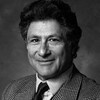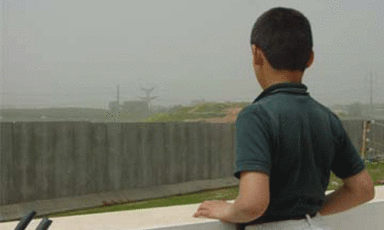
Columbia community mourns passing of Edward Said, beloved and esteemed University Professor
26 September 2003
Edward W. Said, Professor of English and Comparative Literature, a member of the Columbia faculty since 1963 and University Professor since 1992, died on Thursday, September 25, at 6:45 a.m. One of the most influential scholars in the world, Said was also a devoted and beloved teacher to generations of Columbia students. The University mourns his passing. Read more about Columbia community mourns passing of Edward Said, beloved and esteemed University Professor

